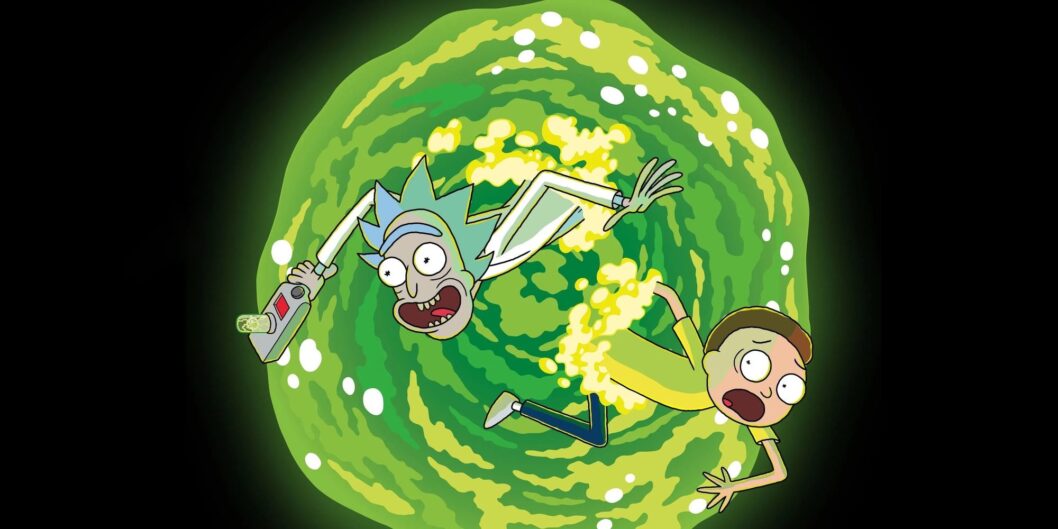Rick and Morty Season 8: A Dive Into Standalone Stories and Fan Reactions
Rick and Morty, the beloved animated series, continues to spark discussions among its dedicated fanbase as Season 8 unfolds. While the show has always enjoyed a mix of humor and science fiction, its latest season has led to questions about the direction of its storytelling, particularly concerning its overarching lore.
Fan Sentiments on Season 8
Enthusiasts of Rick and Morty have taken to platforms like Reddit to express their feelings on the season, with many questioning, "What happened to the glory days?" This sentiment points to the noticeable shift from serialized storytelling to standalone episodes. The season’s opener, "Summer of All Fears," which showcases a playful take on The Matrix, alongside the horror-themed episode "The Last Temptation of Jerry," exemplifies this shift.
In an interview with Polygon, co-creator Dan Harmon and showrunner Scott Marder provided insights into this change. Marder stated, "You might be surprised that we never start off a season with ‘What’s the canon we owe?’ That’s the heavy lifting… We don’t try to have any rules or any setup." He emphasized that Season 8 has allowed for creative freedom, stating it was a "luxurious" experience to not adhere strictly to previous storylines.
Celebrating Standalone Episodes
One of the defining features of Rick and Morty has been its successful standalone episodes, which often deliver the show’s best content. A prime example is the series’ pilot, alongside "Lawnmower Dog," which introduces viewers to the unique dynamics between Rick and his grandson Morty in separate narratives.
This format allows the show to remain unpredictable and inventive. Another notable standalone episode is "Something Ricked This Way Comes," where Summer takes a job from the Devil, showcasing the series’ signature blend of humor and unexpected side plots.
The Balance of Lore and Accessibility
Rick and Morty has woven intricate plot threads throughout its history, such as the "Council of Ricks," but chooses not to present them in a serialized format. This strategy benefits both longtime fans and newcomers. For instance, the episode "Rick Potion #9" introduced the multiverse concept early on, a thread that resurfaces without demanding viewers to binge through past seasons.
One of the most significant mysteries regarding Rick’s past—his relationship with Rick Prime—was addressed in Season 5. This major subplot was wrapped up in Season 7, highlighting the show’s ability to transition back to standalone narratives while still offering layers of depth for devoted followers.
Humor Meets Self-Reflection
A key reason for Rick and Morty‘s enduring popularity is its ability to poke fun at itself and its audience. The series has humorously tackled its fans’ obsession with detailed lore, particularly in episodes like "Never Ricking Morty" and "Full Metal Jackrick." These episodes explore storytelling mechanics while simultaneously critiquing how devoted fans sometimes overanalyze plot connections.
The show has famously referenced real-world events, such as the frenzy surrounding the McDonald’s Szechuan Sauce, reminding viewers that the show values humor over intricate lore.
Cultural Impact and Future Directions
As Season 8 of Rick and Morty progresses, its departure from a tightly woven narrative prompts reflections on the implications for storytelling in animated series. While it may have drawn criticism for not adhering to beloved lore, this season celebrates spontaneity, creativity, and the core essence of what makes the show tick: a chaotic romp through the universe with unforgettable characters.
With Rick and Morty available for streaming on Max, both new and old fans can engage with the series, exploring its evolving narrative style and enjoying its characteristic absurdity. The ongoing discussions among its fanbase indicate that the series’s ability to reinvent itself—and poke fun at its own complexities—will likely continue to resonate and provoke thought in the years to come.









